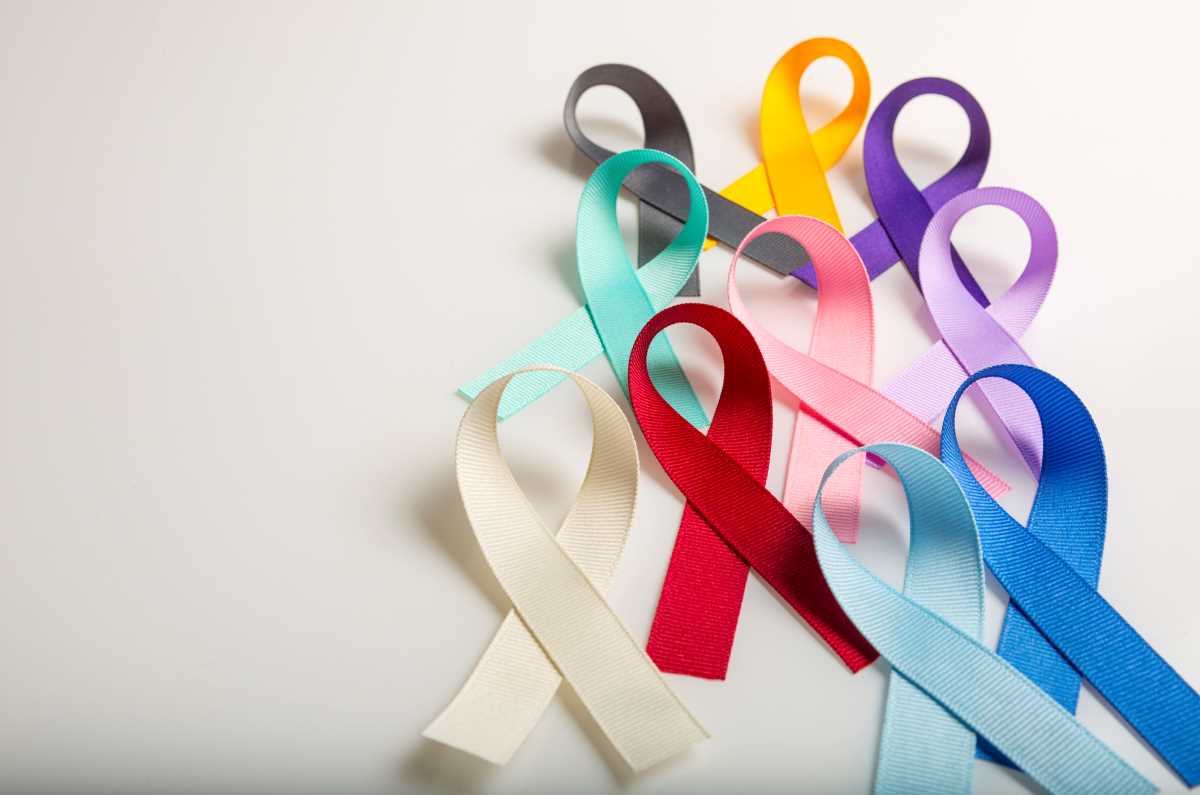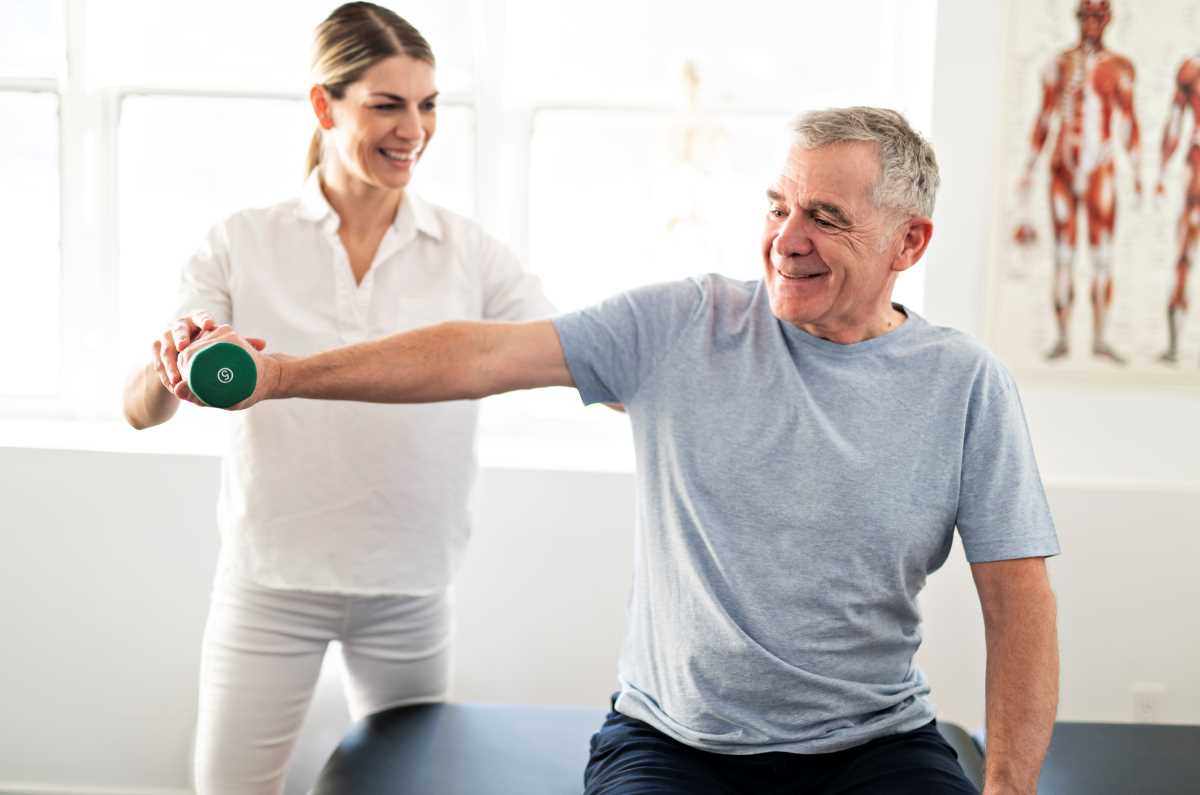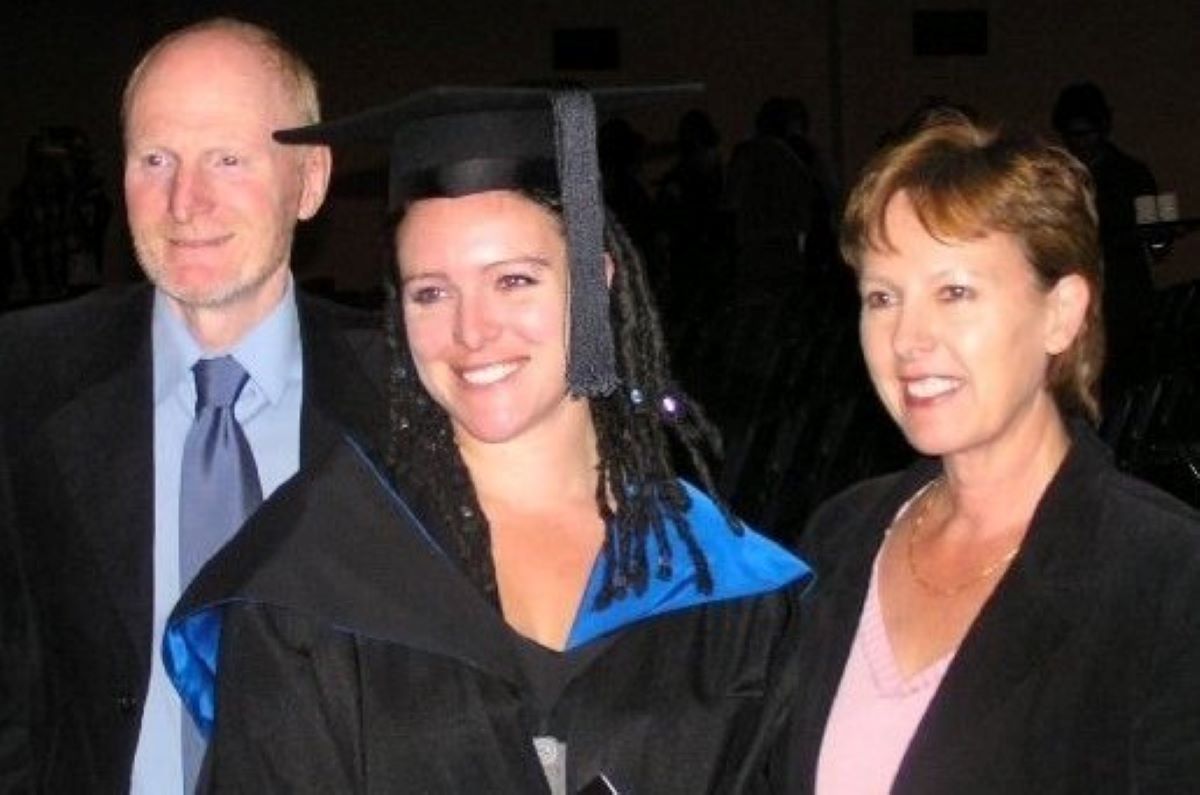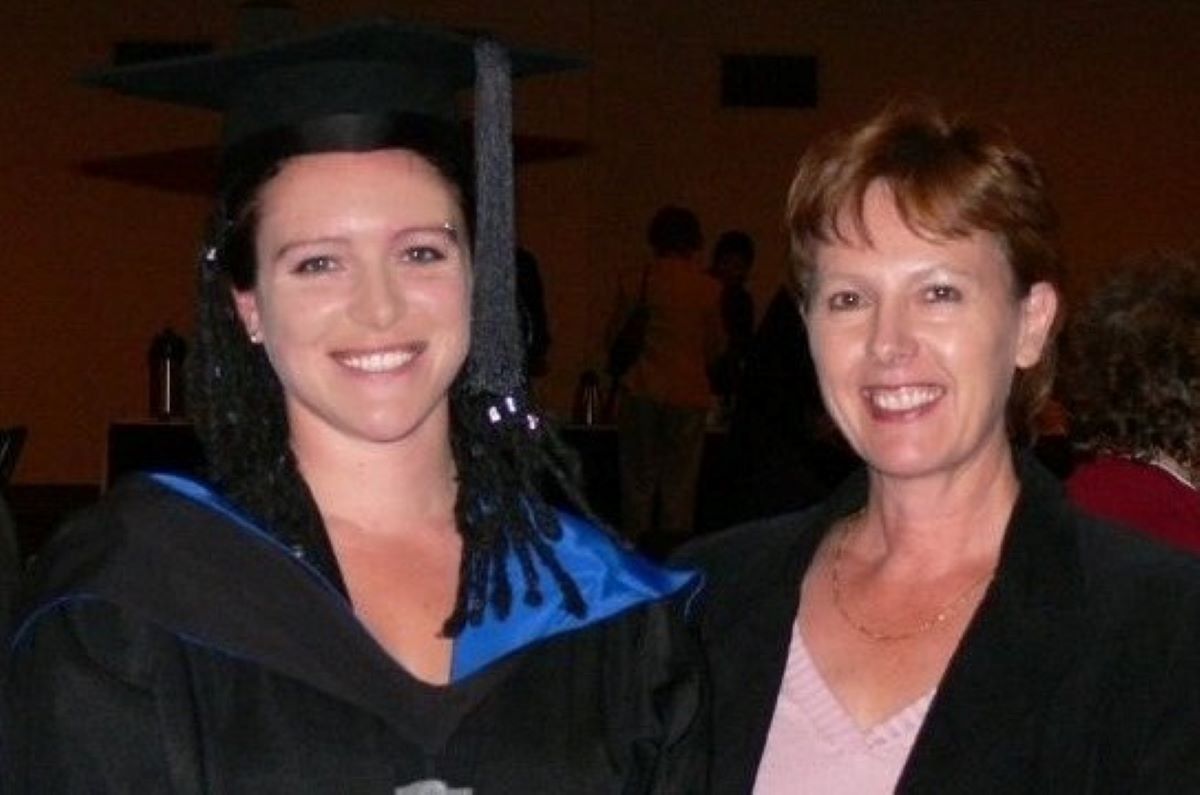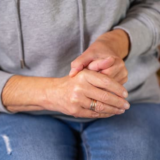The people in our lives bring so much colour and richness to our days. Our family and friends, work colleagues, local baristas, intimate partners, food deliverers, healthcare providers, neighbours, fellow gamers and dog walkers – all of the ordinary and intimate relationships we have are important and connect us to our world.
Apart from the warm fuzzies we get from having these people around us, healthy relationships are good for our physical and mental health. They help us feel less stressed, reduce feelings of loneliness, distract us from pain, boost our immune system and make us feel happier and more optimistic. They’re practically a tonic for all that ails!
And that’s why it’s so important that we nurture these relationships.
This is the first of two articles exploring ways we can tend to our close relationships, to ensure they remain strong and supportive. We begin with the relationship with a partner, spouse, or significant friend.
Physical vs emotional intimacy
When we think about intimate or close relationships, we often think of physical acts of intimacy – holding hands, cuddling, kissing, hugging and having sex. They’re an essential element in our romantic relationships. But we also need emotional intimacy for deeper connections with those we have or hope to have a committed relationship with.
Emotional intimacy involves each person opening up to the other, allowing their vulnerabilities to show, and sharing their deepest feelings and thoughts. To do this, each person needs to feel safe and supported to be themselves, ‘warts and all’. This level of intimacy takes time. And it requires open, honest communication and ongoing work.
“Intimacy is the capacity to be rather weird with someone
– and finding that that’s ok with them.” Alain de Botton
Emotional intimacy occurs not only within committed, romantic relationships, it can also happen within platonic relationships, for example, with your bestie, BFF, a sibling, or with someone else you have a close bond.
The following strategies are focused on nurturing romantic relationships, however most can be used for platonic relationships as well 😊.
Strategies for nurturing your relationship
Share your deep, inner thoughts, feelings, beliefs, fears, needs, pain and worries – not just the superficial stuff.
To really develop that deep connection and understanding of each other, share the things that make you ‘you’. We’re all so different and have had different experiences, challenges, traumas, victories and lifestyles. This shapes who we are, and we tend to keep much of this to ourselves.
However, sharing these things with your partner over time creates intimacy as your relationship grows and deepens. This has to be a two-way street. You both need to be open and honest about what matters to you, as you feel comfortable and safe to do so.
“Never idealize others. They will never live up to your expectations.
Don’t over-analyze your relationships. Stop playing games.
A growing relationship can only be nurtured by genuineness.” Leo F. Buscaglia
Share how much they mean to you.
We all like to hear how much we mean to someone – especially when it’s out of the blue. Try not to become complacent with your relationship or take your partner for granted. Tell them how much you appreciate them and how much they bring to your life. Show them how much they mean to you – buy the book they’ve been wanting, prepare a picnic full of their favourite things, give them a hug, fold the laundry, place little love notes or tokens in unexpected places. Be creative and be honest 🧡.
“Love is a two-way street constantly under construction.” Carroll Bryant
Share, learn and explore sexual desires, so you both feel satisfied.
This adds to your emotional connection. However, sometimes our condition, pain, anxiety and the madness of life in general can impact our desire to be physically intimate. Check out our blog on sex, intimacy and musculoskeletal conditions for tips to help you get your groove back.
“Sex without love is merely healthy exercise.” Robert A. Heinlein
Share time together outside of your day-to-day routine.
Remember the excitement when you first met? The first thrilling time your hands brushed, when you couldn’t wait to see each other? Try to rekindle some of this excitement, so you get to be together as lovers, partners, and friends – not as mum/dad/worker. Make the time to check in with each other, even when it feels like the world is taking over. This can be really challenging – we’re all so busy. So you may need to schedule time for this (not sexy, but often necessary). And make sure you unplug from all technology and put your phone away. It’s worth the effort. Take this time as a loving couple to talk about your day, feelings, needs, hopes and dreams, and just connect.
“A dream you dream alone is only a dream.
A dream you dream together is reality.” John Lennon
Share the difficulties, and where possible, work on solutions together.
If you have problems or difficulties that relate to your condition, job, other people, etc., share them. Don’t keep them bottled up. Having someone to discuss your issues with can help bring clarity. Or at least help you feel your emotions are important and validated.
If the problems relate to your relationship or home life, this can be tougher. Especially if you both have strong feelings about the matter. In this case, it’s really important to be respectful to each other, listen, and work together to come up with a solution. And be prepared to compromise so the solution feels fair to both of you. Remember, we’re all different, and we do and see things differently. This is a good thing (how boring would it be if everyone saw things the same way?), but it can sometimes be really frustrating. So if you become angry, take some time to breathe, reflect on the situation, and come back to it when you both feel calm.
However, sometimes it can be hard to get past an issue, and you may need external help to resolve it. See the section below on managing conflict.
“Nothing is perfect. Life is messy. Relationships are complex.
Outcomes are uncertain. People are irrational.” Hugh Mackay
Share the load.
We like to think of ourselves as superhuman at times and try to do it all without asking for help. Even when it may be needed 😫. But this isn’t sustainable. We’ve all ended up in a heap doing this.
Again, it comes down to open, honest communication. Someone who doesn’t have a musculoskeletal condition can’t fully understand what it’s like and how frustrating it is to be fine one day and thoroughly shagged the next. If there are things you’re struggling with – all the time or just occasionally – discuss these with your partner. Look for ways to share the load – with your partner, children, housemates, other family members, or even hire someone to do the chore/task.
“Being deeply loved by someone gives you strength,
while loving someone deeply gives you courage.” Lao-Tzu
Share fun times.
Make time for having fun, being silly and finding (and celebrating) the joy in life. This can be challenging when you live with pain, the uncertainty of living through a pandemic, work stress and household craziness. But it’s so rewarding. Watch a silly movie, dance in the back garden, share funny memes during your day, go skinny dipping after dark 😍. Laughter and shared fun create another level of intimacy, as well as a twinkle to the eye and a healthy glow to the skin (especially if the water is cold 😉).
“We’re all a little weird. And life is a little weird.
And when we find someone whose weirdness is compatible with ours,
we join up with them and fall into mutually satisfying weirdness
– and call it love – true love.” Robert Fulghum
Have outside interests (and share yourself).
In case you’re starting to feel nauseated by all the saccharine togetherness 🤢, it’s also essential that each person has independent interests. There are often things that make us really happy but are of no interest to our partner – think sports, book clubs, crafts, parent groups, community gardens, study groups, cooking classes, gaming etc. Instead of dragging your partner along, take that time for yourself. It helps you pursue the things that make you feel fulfilled, and you can share your experiences and happiness with your partner. When you both have these opportunities, life is more exciting and rewarding.
“A great relationship is about two things:
First, appreciating the similarities and second, respecting the differences.” Unknown
When it isn’t always smooth sailing: managing conflict
All of the suggestions we’ve provided require commitment, time and ongoing work. But sometimes, you can work and work hard, but arguments and conflicts still arise. Especially when you’re living with the stress of unpredictable health issues, COVID-19, family commitments and all the other complicated things adulthood brings with it.
If you’re both committed to working through these issues, but feel like you can’t resolve them on your own, consider talking with someone you trust about it. This may be a close family friend or family member, or it may be a professional.
Getting help
Family Relationship Advice Line is an Australian Government service that helps families affected by relationship or separation issues. It can also refer callers to local services that provide assistance. Call 1800 050 321.
Relationships Australia provides a range of counselling services delivered face-to-face and online. Find out more about the counselling services available on their website. Or call 1300 364 277.
Ending a relationship
If you’re not committed to resolving relationship issues and want to end it, read ‘Fourteen ways to break up better: How best to minimize the pain in a painful situation’.
Abuse or violence
Using power, abuse or violence against another person is never ok. If you need help, it’s available. For safety and support, call 1800 RESPECT (1800 737 732) for confidential information, counselling and support. They operate 24 hours, 7 days a week.
Read the second instalment of this series: Nurturing relationships: Family and friends
“Maybe you don’t need the whole world to love you.
Maybe you just need one person.” Kermit the Frog
Contact our free national Help Line
If you have questions about managing your pain, your musculoskeletal condition, treatment options, mental health issues, COVID-19, telehealth, or accessing services be sure to call our nurses. They’re available weekdays between 9am-5pm on 1800 263 265; email (helpline@msk.org.au) or via Messenger.
More to explore



